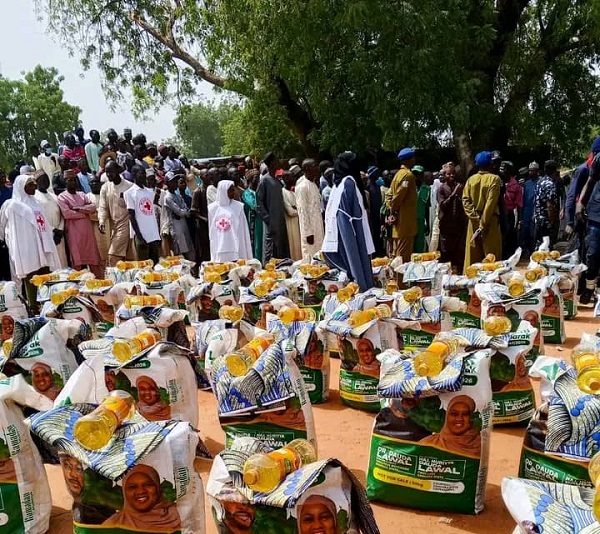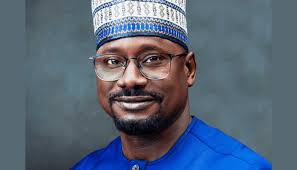2018: First Monetary Policy meeting to hold in April-CBN

As Nigerian Lawmakers set to approve into nominations for the Central Bank of Nigeria (CBN’s) Monetary Policy Committee (MPC), the apex bank Governor on Thursday hinted that bank will delay its next interest rate-setting meeting until the first week of April.
This was because of the political spat over nominations for its MPC , this was disclosed yesterday when the Governor, Godwin Emefiele told CNBC that the meeting scheduled for March 19-20 would be delayed by about seven to 10 days, or at the latest until the first week of April.
The Nigeria Senate has held up some of President Muhammadu Buhari’s nominees for the committee in a dispute which has left it unable since the start of the year to form a quorum to set interest rates.
The bank cancelled its first MPC meeting in January and left interest rates on hold at 14 percent, a level where it has kept them for over a year to support the naira and curb inflation.
“The MPC will certainly hold by latest the first week in April,” Emefiele said.
Buhari has nominated a central bank veteran, Edward Adamu, to be a deputy governor, replacing Sulaiman Barau, who retired in December. But Adamu and others are yet to be screened.
However, the move by the Senate could end an impasse that has halted policy decisions slated earlier this year.
Lawmakers in the Senate said details of the nominees had been formally referred to the committee on banking.
“Your report should be back in one week”, Senate President Saraki said of the report, to be compiled by the committee.
If lawmakers accept the committee’s report it will be sent to Buhari and the new members can be sworn in.
The Central Bank of Nigeria (CBN) was forced to cancel its rate-setting meeting in January because it was unable to reach a quorum. It meant the headline interest rate was left unchanged at 14 percent, where it has been for more than a year.
Presently, the MPC has just four members now, out of 12 positions. A quorum of at least six members is needed to approve an interest rate decision.
Emefiele said Nigeria’s foreign reserves were rising again and that the exchange rate was stable, with inflation trending downwards – a positive sign for the economy.
Inflation fell to an almost one-year low in February at 14.13 percent, while Nigeria’s dollar reserves have risen to $46 billion. Though the economy emerged from its first recession in 25 years last year, growth remains fragile.
“The good thing is that the main decision the MPC would have taken, which is bordering on price stability, or altering the price dynamic today, we are not seeing the need right now to alter the price mechanism,” Emefiele said.










